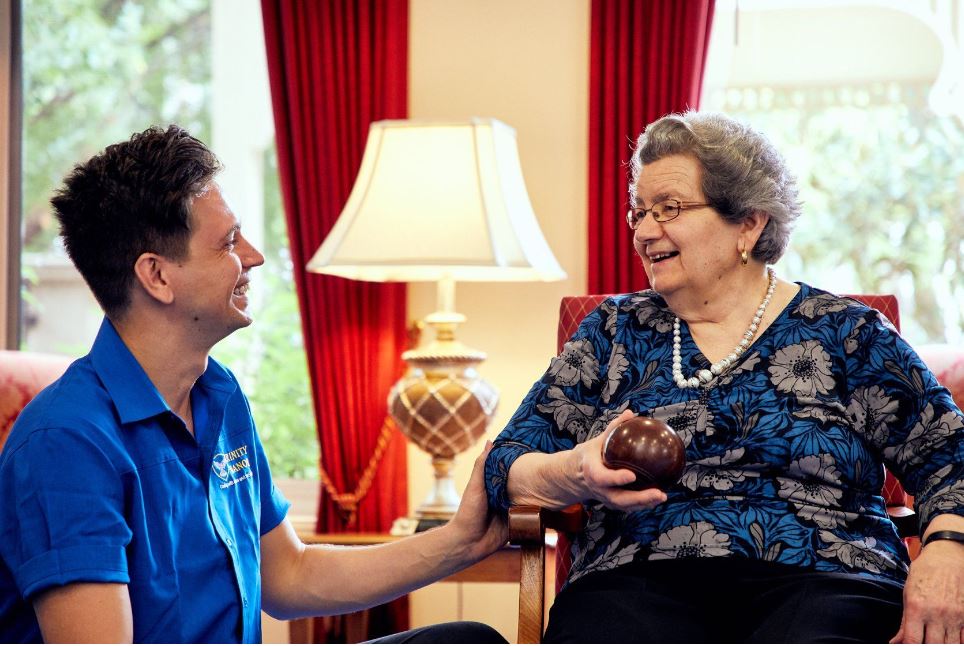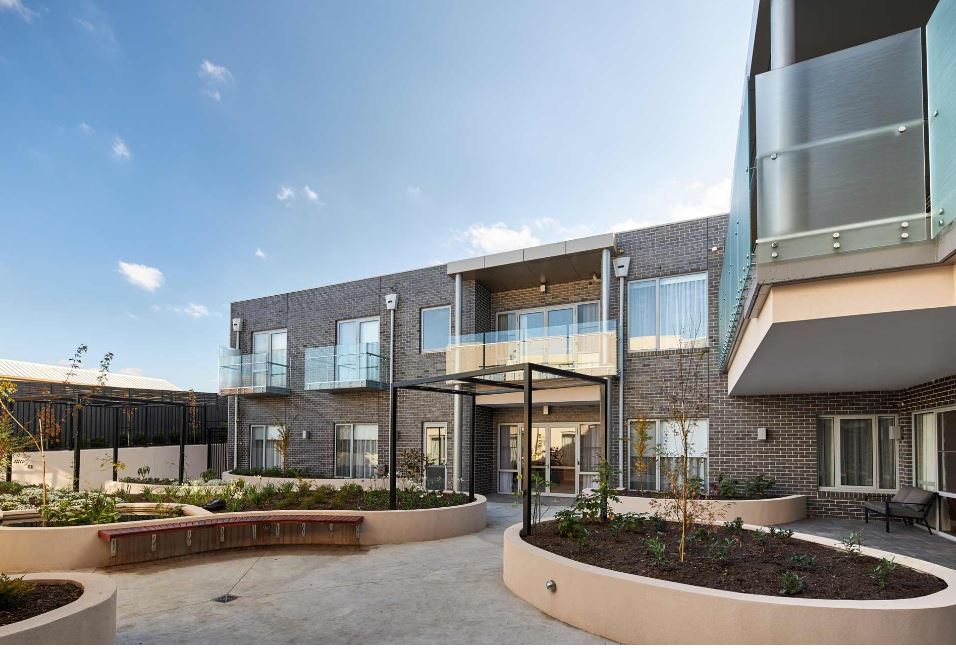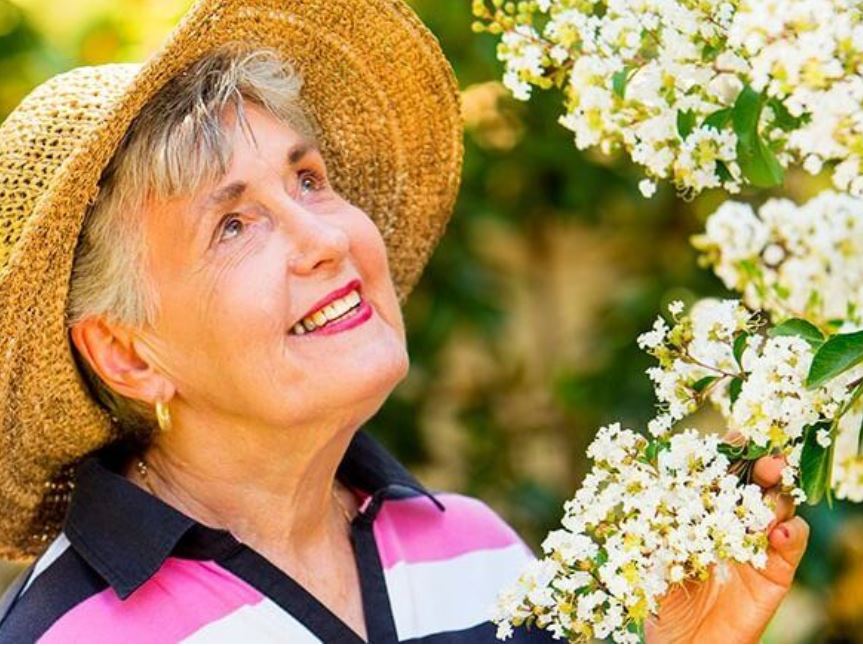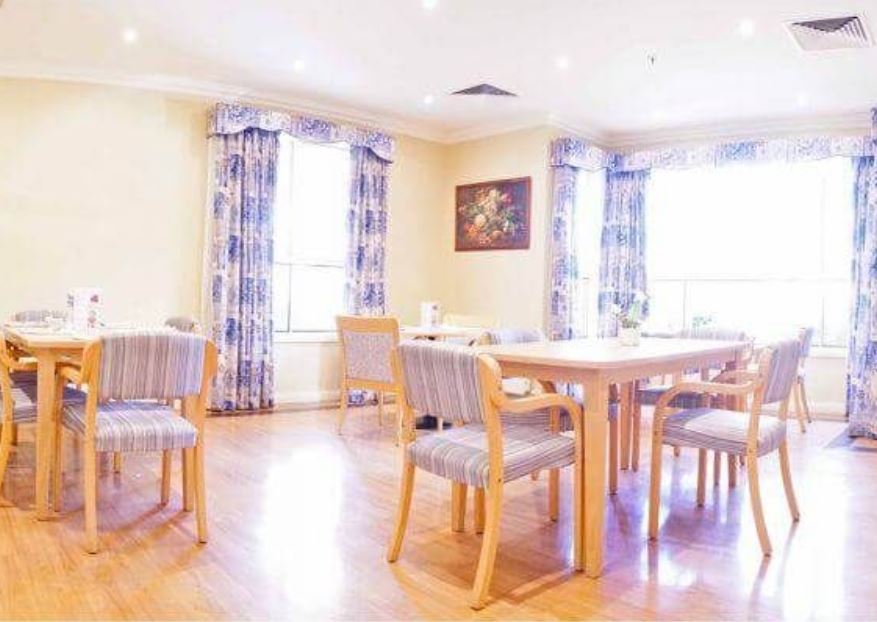Retirement and age brings a lot of changes in one’s life. You may not be able to take care of yourself and do household chores without help. This may be due to some disability, injury, emergency, bereavement or health problems.
Hiring a full-time nurse or getting help around the house can be enough to survive. However, if it’s unsafe or lonely to be at home you may want to move to a residential elder care in Melbourne where you can feel at home. Thankfully, the Australian government has set regulations that everybody – regardless of their income or assets, can get the necessary quality elder care and services.

What Is Residential Elder Care?
Residential elder care homes are available for elders who can no longer live on their own. It includes day and night personal care, healthcare, and accommodation.
All homes for our elders are different. Some are big, others are small, and some may have a religious or cultural theme. It’s a good idea to look at different residential elder care homes so you can choose a place that fits your needs, is close to your family, and feels right to you.

Goal Of These Residential Elder Care Homes
Residential elder care homes are opened with the objective of providing necessary services and care to elders to maintain good health. For achieving these goals, these homes do the following things:
- Daily household chores such as cooking, cleaning, laundry, etc.
- Healthcare services such as clinical care, therapy, practitioners, nursing, etc.
- Personal hygiene care including bathing, dressing, and toileting, etc.
- Additional services, such as social support and entertainment
There are several government and private elder homes, giving you the option to choose the ideal one as per your needs. You should check the services offered by these homes and feedback of their resident elders. Ensure that they provide premium services and guarantee complete comfort for their elders. However, all government-funded Melbourne residential elder care homes have to follow the strict standards.

Major Types Of Residential Elder Care Homes
There are four main types of residential elder care homes and it is important to know the differences for making an informed decision. Let’s go into the details of each one:
In-home Elder Care
In-home elder care lets you receive health and wellness services at home. If you can live independently but need occasional help, in-home care may be an option for you. Physiotherapists, housekeepers, and cooks can provide in-home care. A live-in nurse for sensitive care can be hired to help you. Maintaining your lifestyle in your community is the main benefit of this care.
Residential Elder Care
Residential elder care is elder care provided by professionals. These homes have experienced carers available 24/7. If you need more care than in-home service providers can provide, consider moving into a residential elder care home. Residential homes such as Trinity Care have everything. Your laundry, room, and meals will be done for you. You also have the opportunity to socialise with other elders whenever you choose through the facility lifestyle program. Melbourne elder care homes also provide 24/7 medical and personal care. Physiotherapists, podiatrists, OT, and medication-management nurses.
Short-term or respite care
Short-term care helps you recover in a defined time. If you’re recovering from illness, you may need help with household chores. Short-term carers can cook, clean, shop, and repair. Respite care gives elders and their caretakers a break for a few hours to several weeks. If your in-home carer had to take off due to a personal emergency or go on holiday for a week, you could use respite care.
Palliative care
Palliative care provides total comfort, security, and support for those with chronic or terminal diseases.
Palliative care can be given at home or in a residential elder care home, depending on the illness and its stage. Services such as end-of-life planning, spiritual care, pain management, and expectation setting are offered. Palliative specialists will also help family and friends. The most sensitive and worrying type of elder care is this. Choosing a palliative care provider for a weak or dying loved one can be difficult. Talk to loved ones and carers about palliative care concerns.

Who Monitors Residential Elder Care In Melbourne?
According to the Aged Care Act of 1997, a residential elder care home needs to receive approval from The Department of Human Services before it can provide residential elder care. This guarantees that all nursing homes are secure and appropriate for elder citizens.

What Is The Average Cost Of Resident Elder Care Services?
Your cost depends on various factors such as your income and assets, the residential elder care home you choose, the level of quality elder care and the services you need, and any extra luxuries you take. Some of the fees are set by the government and remain the same. For instance, everyone pays the basic daily care fee (updated in line with the national aged care pension scheme twice a year).
How To Choose The Best Residential Elder Care In Melbourne?
Before choosing a residential elder care home, ask the staff about their services and how they handle different situations.
The Following are some questions to ask a potential elder care facilities: What types of care and services are available and what are not provided? How do you reduce risks like pressure injuries and falls? How do you assess the quality of your care and make continuous improvements?
- What are your client privacy policies?
- What is your client restraint policy?
- How do you choose which social activities to organise? Do I have a say in these events?
- What are the dining options, and can I choose what I eat?
Benefits Of Living In Residential Elder Care Homes
Personal attention
The level of care and ratio of professional staff at residential elder care homes means, more one-on-one attention and fewer chances of health changes being missed.
Independence and autonomy
Residential Elder Care Homes allow elders to receive care while maintaining independence in other areas of their lives. Activity programs provide elder residents more freedom.
Family involvement
Residential Elder Care Home allow direct access to senior clinical staff. This makes it easier for families to stay involved with their loved one’s care.
Location
Residential Elder Care Homes are typically located in residential neighborhoods, which may be preferable for elders who have always lived in rural or suburban areas.
Safety
Residential Elder Care Homes are outfitted with emergency alert systems, helping elders stay safe compared to ageing in place independently.
Conclusion
All elders can rest assured that the Australian government will meet their basic care needs. Nonetheless, leaving your family and home to live in an elder care facility may seem daunting. Fortunately, many private residential elder care facilities in Melbourne, such as Trinity Care, go beyond to offer quality residential elder care to improve the lives of their elders. Call us and we’ll explain everything you need to know about residential elder care and our facilities.
